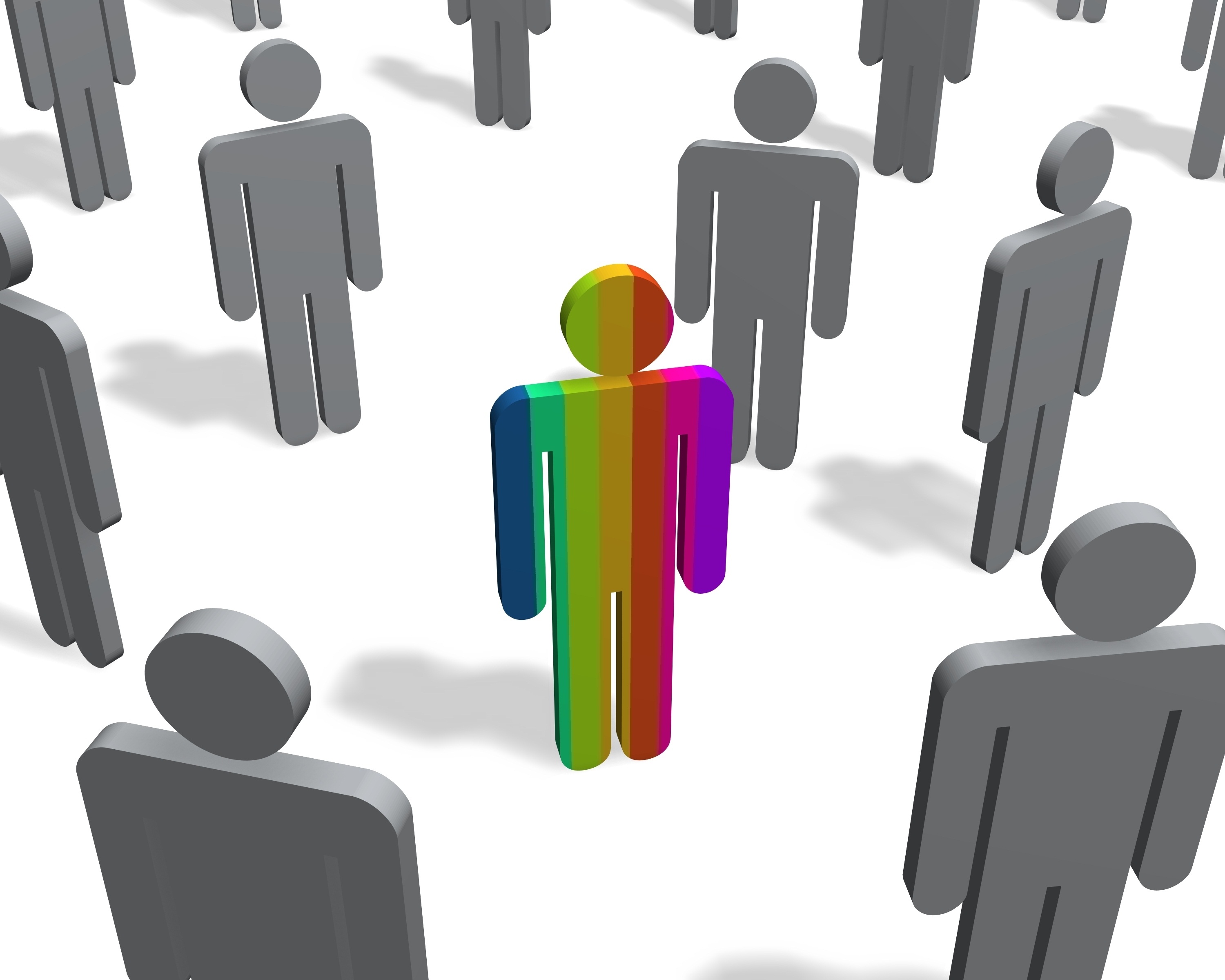By: Mikaela Collins and Nadia Tudhope
The Canadian government has introduced legislation this week that would ban conversion therapy under Bill C-8. Conversion therapy seeks to change the sexual orientation and/or gender identity of LGBTQ+ individuals through treatments that often involved psychological or physical abuse. The proposal of a national blanket ban shows that attitudes are changing towards LGBTQ+ people, but it won’t solve the underlying problem.
Bill C-8, an amendment of the Criminal Code, proposes five new criminal offences: “causing a person to undergo conversion therapy against the person’s will; causing a child to undergo conversion therapy; doing anything for the purpose of removing a child from Canada with the intention that the child undergo conversion therapy outside Canada; advertising an offer to provide conversion therapy; and receiving a financial or other material benefit from the provision of conversion therapy.” It further amends the Criminal Code so that courts are authorized to order the disposal or deletion of advertisements for conversion therapy.
Such a bill is long overdue; conversion therapy is not effective, but it is deeply harmful to the people who undergo it. Conversion therapy is predicated on the idea that being gay, bisexual, or transgender is wrong, and that LGBTQ+ people can be made straight or cisgender.
Conversion therapy can mean anything from talk therapy to aversion therapy, which involves causing phsyical pain or discomfort to a person in coordination with a stimulus associated with their sexuality or gender identity — that includes electroshock therapy. According to the Canadian Psychological Association, conversion therapy can lead to anxiety and depression, both of which are already more common in the LGBTQ+ community than the population at large.
The fact that the law has been described as progressive reveals why it’s so important: the kind of thinking that makes conversion therapy seem acceptable is still here. The Liberal government rejected a petition to propose such a ban with 18,000 signatures just one year ago, and the resistance against the SOGI 123 curriculum has been marked by opponents stating concerns that learning about LGBTQ+ people and issues will make children believe they are gay or trans.
Even if that were true, it wouldn’t be a good reason to electrocute children. But, it isn’t true — yes, SOGI may lead kids to question their identities sooner than they would otherwise, but nothing is going to make someone gay who isn’t, just like nothing is going to make someone straight. Parents who would send their kids to conversion camp before a ban will still believe that something is wrong with them if a ban is put in place.
We should celebrate the kind of progress a conversion therapy ban would represent, but we shouldn’t assume that everyone steps forward when the law does. If you support the ban, make sure you’re also supporting people around you in the face of homophobia and transphobia.


